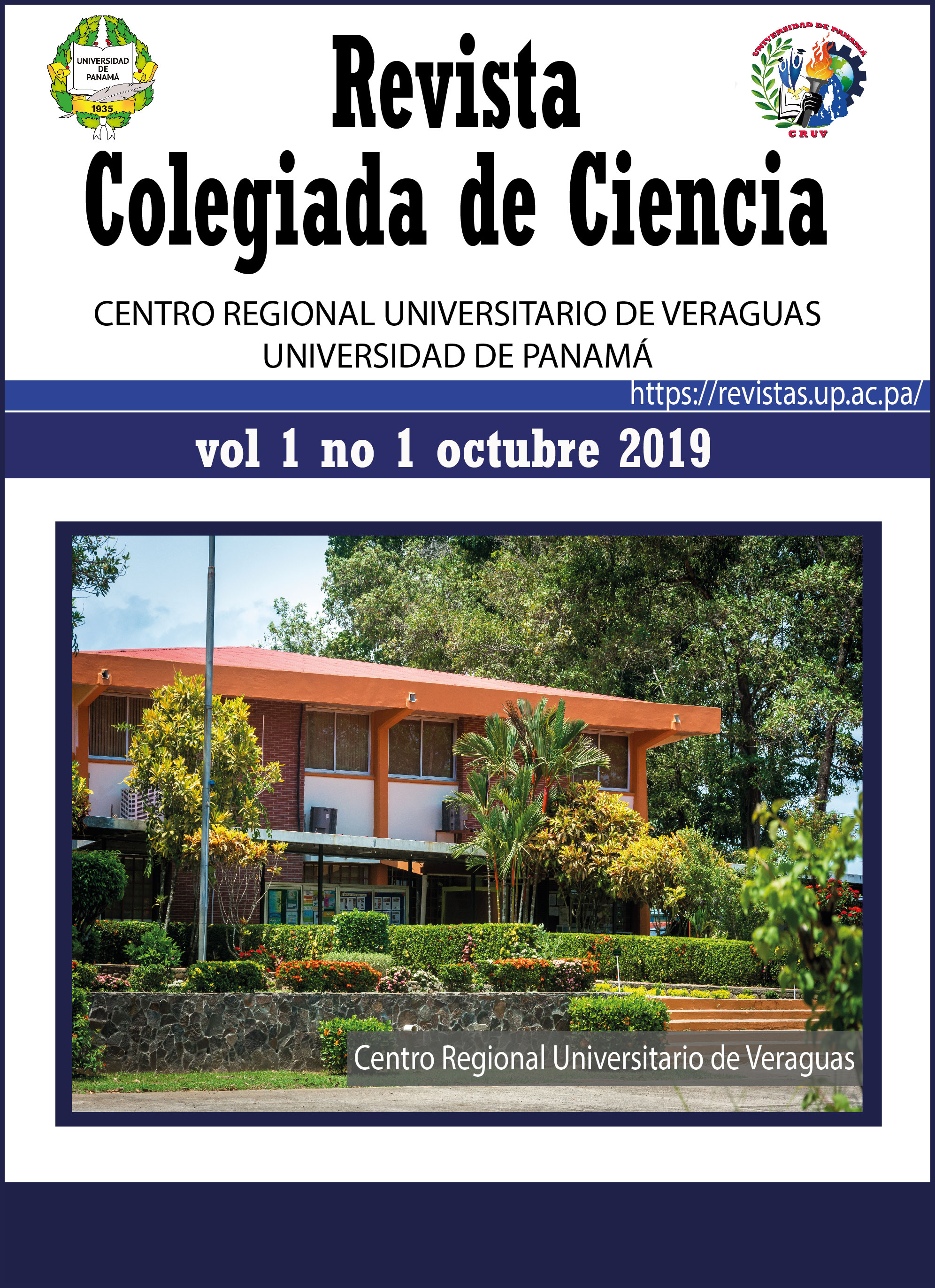

Reading comprehension is a very important quality in learning, and is closely linked to the affective and cognitive development of the student. In Panama, as in other underdeveloped countries of Latin America, the levels of reading comprehension are very low, therefore it is necessary to try innovative didactic strategies to improve this deficiency. The purpose of this research was to validate the effectiveness of the "Club de Lectores" didactic strategy to improve reading comprehension in the students of the Veraguas regional center. The reading comprehension of the second, third and fourth year students of the degree in Spanish was measured in two periods, pre and post intervention. The intervention consisted in the implementation of the Readers Club, through which metacognitive activities were developed to improve reading comprehension. The cloze test (pretest and post test) was applied to the 37 students of the readers' club. This test consists of a text of approximately 120 words, in which one word is deleted every five with the exception of the first ten. In general, the reading comprehension level of the students in the pre-intervention period was deficient, since 48.7% obtained less than 43% in the test. During the post-intervention period, most of the students demonstrated a level of reading comprehension dependent, since 59% obtained more than 44% in the test, achieving a level of inferential comprehension. These results indicate that the Club de Lectores, as a didactic strategy, is valid in the improvement of reading comprehension.